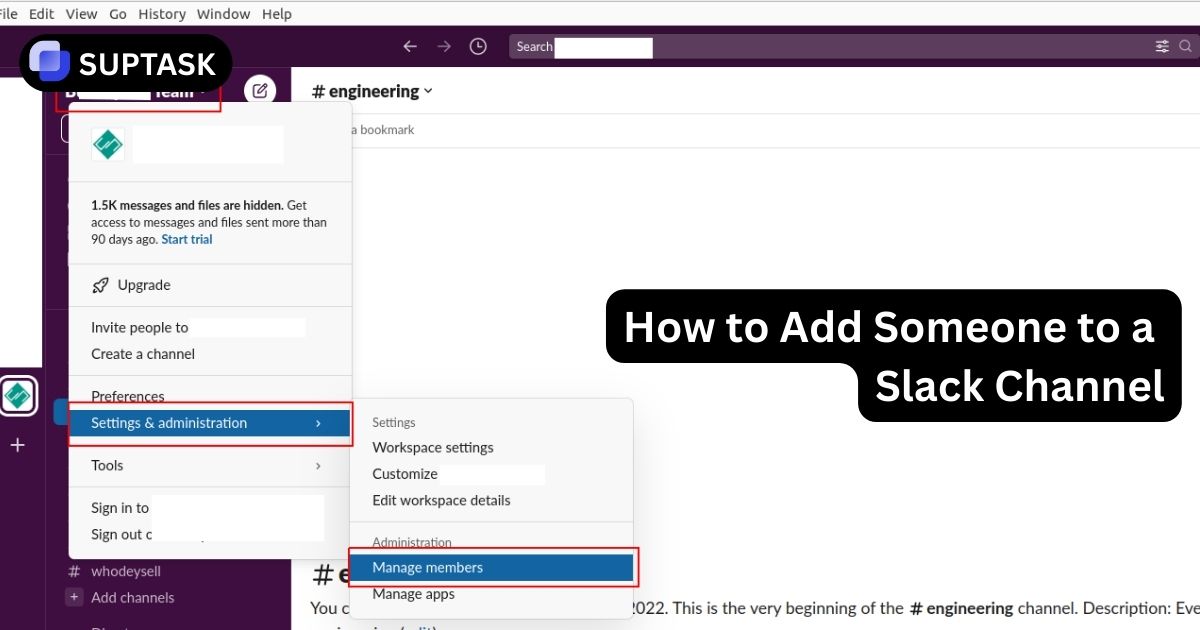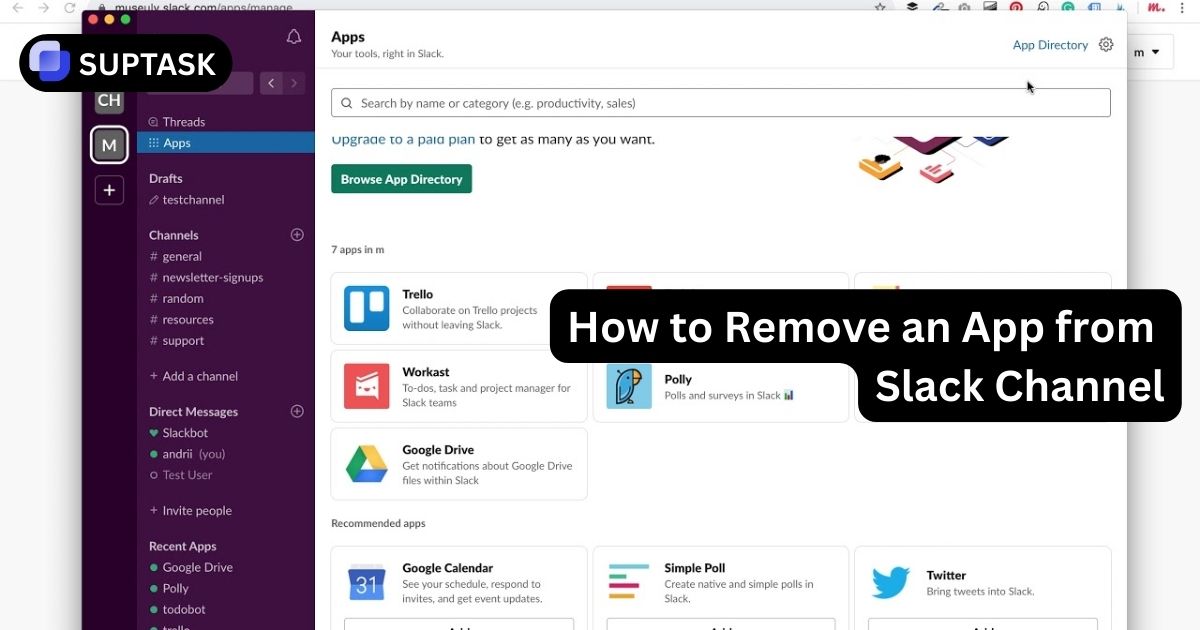Community engagement involves collaborating with various groups to address issues that affect their well-being.
It’s crucial because it fosters transparency, trust, and active participation, leading to more informed and effective public decisions.
Key Takeaways
- Community engagement fosters collaboration to address social issues, enhancing transparency and building public trust.
- Inclusivity, representativeness, and collaboration in community engagement lead to equitable and impactful decision-making.
- Active participation and digital tools improve community engagement by broadening voices in policy and initiative discussions.
Defining Community Engagement

Community engagement involves cooperating with various groups to address concerns that affect their quality of life.
This approach aims to forge meaningful partnerships between organizations and individuals within the community to resolve societal challenges.
The term “community” covers diverse collectives, ranging from intimate local areas to broader social segments, all linked by common objectives and reciprocal assistance.
By incorporating a collaborative methodology and cross-organizational collaboration, community engagement leads to decisions that better align with the community's desires and ambitions.
It empowers those involved while simultaneously bolstering transparency and confidence in administrative actions.
Inviting input from community members into decision-making processes not only improves public trust but also fosters improved governance practices and reinforces ties within communities.
Advancements in technology have significantly transformed how we engage communities. Digital resources such as web-based forums, social networking sites, and smartphone apps have made this practice more open-ended and comprehensive. Using an internal IT ticketing system can further enhance this digital engagement by ensuring community members' concerns are systematically tracked and resolved.
These technological avenues enable a broader involvement from people across different demographics, assuring that an extensive spectrum of perspectives is recognized when it comes to policy creation or launching new programs.
Relevance of Community Engagement
.webp)
To create an open and reliable system of governance, persistent exchange within local communities is imperative, establishing trust and spurring active participation.
This cultivated trust is not only advantageous but also fundamental to a functioning democracy, guaranteeing that decisions made publicly are just and durable.
Consistent engagement efforts are paramount to grasping the shifting ambitions and necessities of local communities effectively.
By clearly demonstrating how community input leads to concrete results, community engagement bolsters involvement while strengthening community ownership and faith in these processes.
Community engagement is critical as it nurtures resilient societies, fostering collaborative problem-solving to navigate adversity.
One prime advantage of meaningful interaction is enhanced service delivery complemented by strengthened accountability structures.
In such engaged communities, indicators often point towards improved mental health conditions and overall resident wellness.
Engaging with the community does more than improve wellbeing. It amplifies efficiency in addressing needs locally while fostering long-term sustainability across all aspects of these endeavors.
Key Principles of Community Engagement

At the core of community engagement lies a set of fundamental principles that guarantee every individual within the community:
- Adequately informed
- Actively consulted
- Fully involved
- Effectively empowered
Inclusivity is paramount, which caters to diverse needs across the community and augments democratic processes by encouraging wider involvement from all segments.
Such inclusivity ensures participation from marginalized groups in decision-making matters affecting their lives.
Upholding representativeness stands as another essential tenet, aiming to mirror the demographic variety present in the larger population during any engagement endeavor with communities.
This principle contributes significantly to nurturing social harmony and fostering feelings of inclusion among inhabitants.
Forging collaborations and forming partnerships are imperative as they facilitate resource pooling and steer systemic changes. Elevating an array of communal voices can lead to more equitable policy formulation.
When people see their contributions leading to action, it fosters collective ownership, empowerment, and commitment to shared goals.
Organizing and collaborating with established organizations drive societal reform by activating local communities.
Inclusive leadership empowers residents, emphasizing each entity’s vital role in its transformational journey.
Tools and Strategies for Successful Community Engagement
.webp)
An array of tactics and the best community management tools can bolster engagement efforts. Tools like Simply Stakeholders are instrumental in refining the process by offering crucial data management and communication features.
Implementing a system for stakeholder engagement can centralize information and interactions, thereby streamlining the organization and effectiveness of these endeavors. Additionally, organizations with budget constraints can consider using a free ticketing tool to manage their engagement processes without compromising efficiency.
Businesses can leverage digital outreach mechanisms such as text messaging services and QR codes to engage with communities effectively.
By doing so, participation is encouraged in corporate social responsibility (CSR) initiatives, thus amplifying the company’s CSR performance.
Goals tailored specifically toward augmenting community involvement—like boosting volunteer time commitments or cultivating more local alliances—can markedly reinforce corporate engagement activities.
Incorporating diverse methods of engagement proves vital to facilitating meaningful dialogue and interaction among community members. These include, but are not limited to, online forums, direct personal meetings, and social media channels.
The application of these varied strategies confirms that all participatory processes remain inclusive while pursuing outcomes that are long-term viable for everyone involved.
Suptask stands out as an instrumental resource in nurturing robust and effective participation within any given community, by streamlining task management and structured conversations, through ticketing within Slack.
It empowers community leaders to manage member responsibilities and access, creating a secure environment for discussions.
By automating workflows, Suptask allows managers to focus on meaningful interactions. Its compatibility with Google Drive and Trello further extends its capabilities for organizing community activities, making it a powerful tool for managing large-scale engagement efforts efficiently. Using email ticketing software can further streamline community communication, ensuring all inquiries are tracked and addressed efficiently.
Examples of Community Engagement
.webp)
Engagement within the community has demonstrable positive outcomes, as seen through practical examples.
Projects geared towards education serve to educate residents on various topics, thereby granting them local knowledge and empowerment.
Initiatives focused on direct service strive to assist those in need directly in the community, promoting unity and addressing pressing concerns.
Enhanced engagement among communities often leads to a better quality of life and equips inhabitants with the tools needed to solve complex challenges.
Events such as town hall gatherings are instrumental in establishing ongoing conversations between citizens and local authorities, which results in increased transparency and trust amongst various community groups.
Campaigns conducted by local governments that focus on education can elevate awareness regarding civic responsibilities and chances for community involvement.
Such efforts contribute significantly to strengthening ties within the community while amplifying shared knowledge at a local level.
FAQ
What is community engagement?
Community engagement involves collaborating with groups to address issues, promoting transparency and informed decision-making, and building trust.
Why is community engagement important?
Community engagement fosters trust, transparency, and resilience, leading to better governance and improved service delivery.
What are the key principles of community engagement?
Key principles include inclusivity, transparency, respect, sustainability, and capacity building, fostering lasting community-organization relationships.
How can organizations improve community engagement?
Organizations can improve engagement by tailoring approaches, building trust, recognizing contributions, and establishing clear objectives.
What tools can enhance community engagement?
Tools like Simply Stakeholders and Suptask streamline interaction management, enhancing community participation and collaboration.













